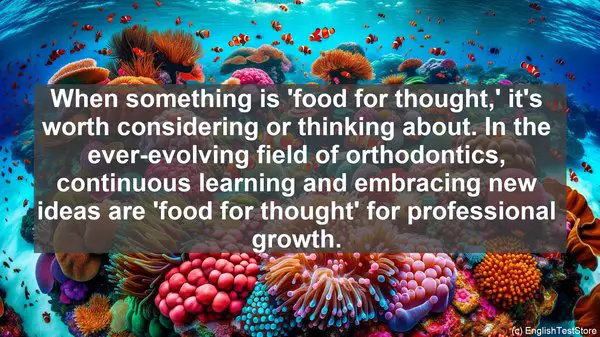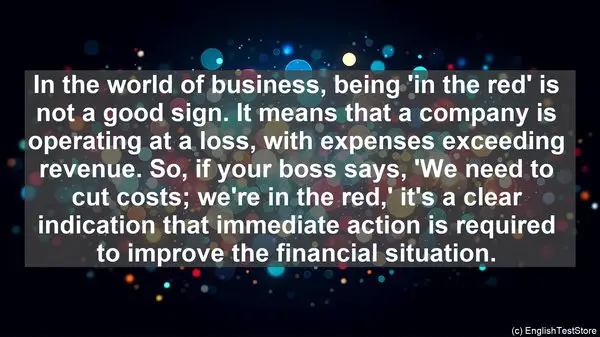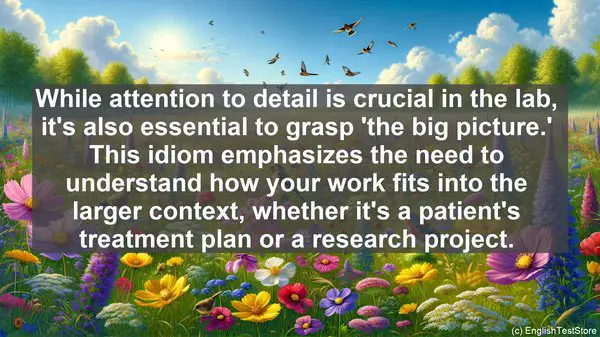1. A Straight Shooter
This idiom refers to someone who is honest and direct. As an orthodontist, it’s crucial to be a straight shooter with your patients, providing them with accurate information and realistic expectations.
2. Brace Yourself
We often use this idiom to prepare someone for a challenging or difficult situation. When you tell a patient to ‘brace themselves,’ you’re indicating that the treatment might have its ups and downs, but it’s all part of the process.
3. In the Clear
When a patient’s treatment is ‘in the clear,’ it means that everything is progressing well, and there are no major issues. It’s a positive phrase that reassures the patient about their progress.
4. Bite the Bullet
This idiom is often used to describe facing a difficult or unpleasant situation with courage. In orthodontics, ‘biting the bullet’ might mean going through a procedure that’s uncomfortable but necessary for the overall treatment.

5. On the Same Page
Being ‘on the same page’ with your patient means having a shared understanding and agreement about the treatment plan. It’s important to ensure that both you and the patient are aligned in terms of goals and expectations.

6. The Final Stretch
When a patient’s treatment is nearing its end, you can use this idiom to indicate that they’re in ‘the final stretch.’ It’s a way to motivate and encourage them to stay committed to the treatment until the very end.
7. A Mouthful
In everyday English, ‘a mouthful’ refers to something that’s difficult to pronounce or say. In orthodontics, it can be used to describe a complex treatment plan or a condition that requires multiple procedures.
8. The Big Picture
As an orthodontist, it’s essential to see ‘the big picture’ when it comes to a patient’s treatment. It means considering not just the immediate issues but also the long-term goals and outcomes.
9. Food for Thought
When you provide a patient with ‘food for thought,’ you’re giving them something to consider or think about. It could be an alternative treatment option or a suggestion for better oral hygiene practices.
10. A Game-Changer
This idiom is used to describe something that has a significant impact or brings about a significant change. In orthodontics, a new treatment technique or technology can be a ‘game-changer’ in terms of patient experience and outcomes.


















